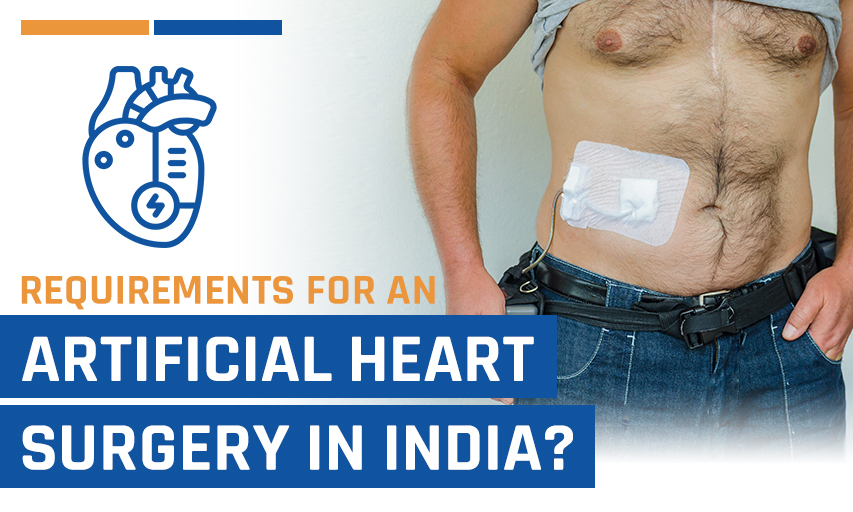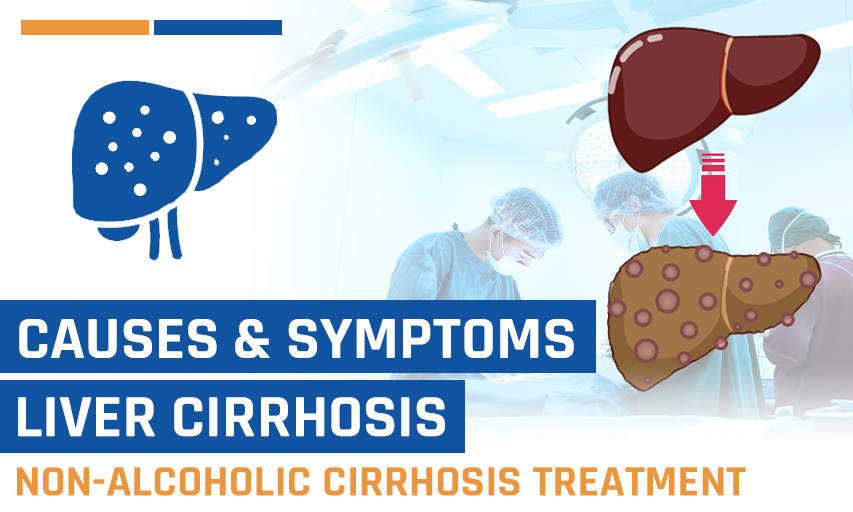How Long Does It Take to Get Dental Implants?
Many patients wonder how long does it take to get dental implants, which is a genuine concern because it is a significant factor to consider when traveling to a different country to get the procedure done. People need dental implants for a variety of purposes. Some people desire implants to aid in retaining or do away with dentures and replace teeth that have been gone for a long time. Some people might require an implant to replace a tooth recently pulled due to an accident, infection, gum disease, or decay. In some situations, tooth extraction and immediate placement of the implant in the gap are possible. Depending on the type of implant operation, treatment length varies. The location of the implants to be placed, the number of inserted implants, and the need for bone grafting can impact how long the treatment may take.
What are Dental Implants? Are You a Good Fit?
Dental implants are an excellent choice for tooth replacement that feels and looks natural. Dental implants, however, aren't a good option for everyone. Dental hygiene, lifestyle, and general health are all things that need to be considered before dental implants. Here are a few things that can make it more likely that dental implants won't work out well.
1) Bone Loss
You should have adequate bone to support and hold the implant if you want dental implants. Even if you don't have enough bone, a grafting operation occasionally allows you to rebuild it. Dental implants can stop additional bone loss once they are in place.
2) Gum Diseases
Gum tissue supports strong bones and teeth. Gum recession and bone tissue loss result from bacterial gum disease, which develops from gum (periodontal) infection. Dental implants are more likely to fail if insufficient healthy bone supports them.
3) Severe Bruxism
Patients who clench and grind their teeth a lot run the risk of overloading the implant and damaging it. As a result, these people might not be good candidates. First, bruxism must be addressed with a mouth guard, relaxation and stretching exercises, or therapeutic Botox.
4) Unrestrained Chronic Disorders
Chronic disease sufferers may be more susceptible to infection and may heal wounds more slowly, which could jeopardize the success of dental implants. In addition, conditions such as leukemia, bone cancer, thyroid abnormalities, blood disorders, and radiation therapy may make it more likely that an implant may fail.
5) Smokers
Since placing dental implants requires surgery, heavily-smoking individuals risk developing an infection and healing more slowly. As a result, implants placed in smokers are more prone to malfunction.
6) Specific Medications
Dental implants might not be the best choice for those taking certain medications, such as steroids or immunosuppressants. Additionally, drugs including SSRI antidepressants, antibiotics (such as ciprofloxacin, levofloxacin, and norfloxacin), and bisphosphonates have been associated with bone mass loss and bone development inhibition, making it more difficult for your body to integrate dental implants.
Although this is a list of frequent risk factors, dental implant candidates must be assessed on a case-by-case basis because this is not an entire list. Schedule an appointment with us immediately if you want dental implants, then find out if they're the correct choice.
How Much Time is Enough for a Dental Implants Procedure?
Many distinct factors can affect how long does it take to get dental implants and replacement teeth fitted. It is possible to implant one implant in as little as 30 minutes, but installing multiple implants will invariably take longer. However, it's essential to remember how long does it take tooth implant to heal is also considered.
The healing process could take longer if the tooth had to be pulled because of a gum or root infection. After removing the tooth, your dentist might recommend waiting a few months before placing an implant to give the infection time to heal. Additionally, if bone grafting is necessary, it will increase the length of the treatment.
1) Initial Dental Examination
Your dentist will want to schedule a complete check-up to carefully examine the health of your mouth before beginning any work. This includes X-rays and maybe 3D imaging. This phase is required to determine whether your gums and jawbone condition is adequate to sustain an implant and create the optimal treatment plan for you, even if your dentist is highly familiar with your mouth.
2. Implant Procedures
After the entire assessment is finished, your dentist will schedule your procedure. The operation is the fundamental initial step in the implant process. Your dentist will place the titanium implant right below the gum line in your jawbone. Each implant takes between one and two hours to install during this operation.
After this phase is complete, most dentists will wait three months before restoring the tooth replacement. Despite the fact that it may be a pain, the healing process is essential to the success of dental implant therapy. You must give the implant enough time to osseointegrate into the bone to be strong enough to sustain your ultimate restoration.
3. Postoperative Recovery
Some individuals may have swelling, bruising, or mild pain right after surgery. This may change depending on how much work your dentist has to do to install the implant, especially if a tooth has to be pulled. It's important to give yourself adequate time between the implant operation and the crown placement. The period depends on how quickly your bone and gums heal. Usually, this healing process takes three months.
4. Crown Fitting & Abutment
The less invasive process of attaching the abutment and crown to the implant is the final phase, which comes after your implant has healed. An abutment resembling a small cushion-like shock absorber sits between the implant and the permanent crown. This stage frequently entails exposing the gums to properly fit the abutment and crown on top of the implant. Your new artificial crown can be placed once the abutment is firmly in place, and the dental implant procedure will then be finished.
What are the Same Day Implants?
Dental implants can be placed on the same day for those with a strong enough jawbone. When the dentist implants the titanium rods, this is a simple technique to get them immediately crowned. There is a three to six-month waiting period for traditional dental implants. This is the time frame for allowing the implants to osseointegrate and heal. There is no reason for such a significant wait period for same-day dentistry. Dental implant surgery is much less intrusive thanks to this approach.
The lengthy process of undergoing multiple dental implant procedures won't be necessary in the case of a same-day dental implant. The implant process is complete within a few hours. For this operation, the dentist will utilize local anesthesia.
The Impact of Bone Grafting on the Length of Your Treatment
If the bone in your jaw has shrunk, a bone graft for a dental implant may be necessary. This may occur due to an infection or subside condition of the tooth root.
A small amount of bone grafting can be done with implant implantation. Depending on the amount of missing bone, it could be essential first to perform the bone grafting in a separate stage. One must let bone recover after a bone graft for four to six months before implants.
The Bottom Line
Patients asking how long does it take to get dental implants may be apprehensive about the long wait. But traditional dental implants can last up to 25 years with good maintenance, making the effort and money spent on them worthwhile. If you want an affordable implant procedure without worrying about the cost for dental implants, then India is the best place to provide you quality services and a chance to visit colorful cultural heritage of India.




















Be First To Comment
Leave a Comment